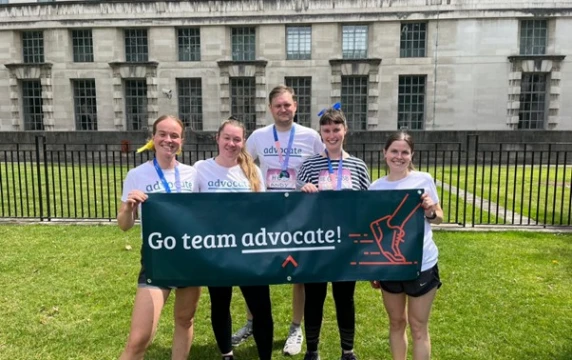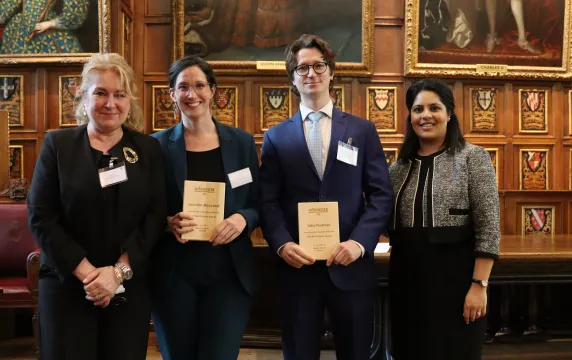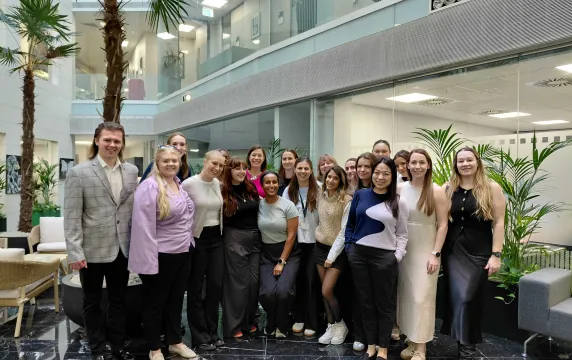“Whatever you do, you will always be assisting someone who, without your help, would not have had any legal assistance whatsoever, and so you can be confident that you are adding value, even if you feel like a complete novice in that jurisdiction.”
Rajkiran Barhey and Lucy McCann of 1 Crown Office Row, instructed by Emma Montlake of the Environmental Law Foundation, acted pro bono for the Isleworth Society in a 5-day planning inquiry, successfully resisting the Northumberland Estate’s attempt to develop blocks of flats on an allotment site in the heart of the Isleworth Riverside Conservation Area. Rajkiran and Lucy undertook this case together, as part of Advocate’s 2023 Pro Bono Pledge initiative.
Below they share how working on this case as a team allowed them to deepen their knowledge of planning and environmental law, reflecting on the rewards of working on pro bono cases such as this where there is a stark inequality of arms.
We were involved in the appeal over the course of 5 months and initially assisted the Isleworth Society with drafting their statement of case and preparing proofs of evidence, including technical expert evidence, and Lucy then appeared at a case management hearing. We then both appeared at the planning inquiry and delivered the opening statement, questioned witnesses and delivered the closing statement, as well as advised on strategy throughout.
Emma reached out for pro bono assistance with this appeal, as other members of Chambers had also acted pro bono in the Duke of Northumberland’s previous attempt to develop the allotment site. Representing the Isleworth Society pro bono gave Lucy the opportunity to dip her toes into the unfamiliar waters of a planning inquiry and all its quirks. Acting pro bono in her first year of tenancy and fitting the work around other professional commitments was demanding and a steep learning curve. Kiran has experience in planning and environmental law; this case allowed her to deepen her knowledge of planning law and procedure, and her involvement meant she could provide expertise and guidance throughout the process. Working as a team meant that we could feasibly take on this demanding commitment.
The appeal has been described as a ‘David and Goliath’ battle, and this aspect of the work felt the most rewarding. In this case, the inequality of arms between the Northumberland Estate on the one hand, and a local authority, an allotment society and a local residents’ charity on the other, could not have been starker. Being able to assist the Isleworth Society navigate the complexities of the planning inquiry process, the extensive disclosure, and the knotty legal arguments, was incredibly rewarding. Importantly, we could not have made the contribution that we did without the dedication of the Environmental Law Foundation, those we represented, and the wider community in mobilising to resist the development. The issues in the appeal clearly resonated far beyond the local community in Isleworth, which made our contribution all the more fulfilling.
Our advice to any barristers unsure about whether to start doing pro bono work is simple: do it! Depending on the work you choose, you can learn about a new area of law, conduct advocacy in a different court or tribunal, or develop your existing expertise in a particular field. Whatever you do, you will always be assisting someone who, without your help, would not have had any legal assistance whatsoever, and so you can be confident that you are adding value, even if you feel like a complete novice in that jurisdiction.
We are hugely grateful to Rajkiran and Lucy for their pro bono work - thank you!







